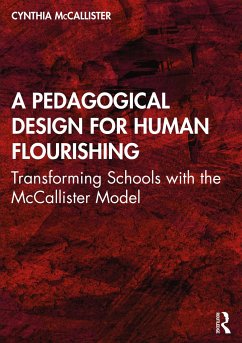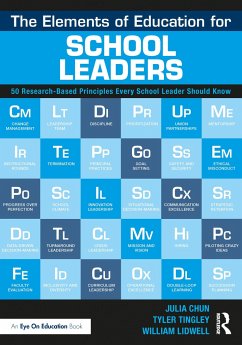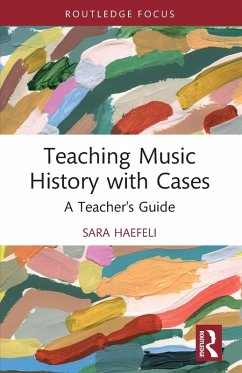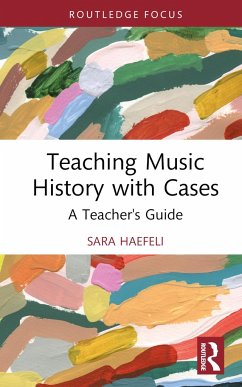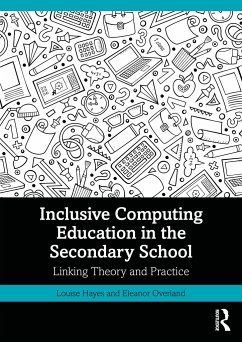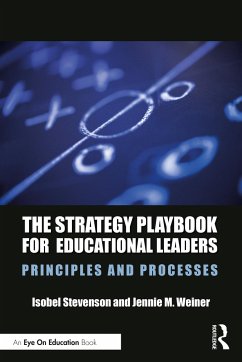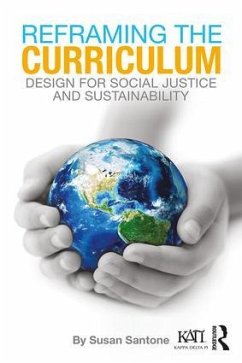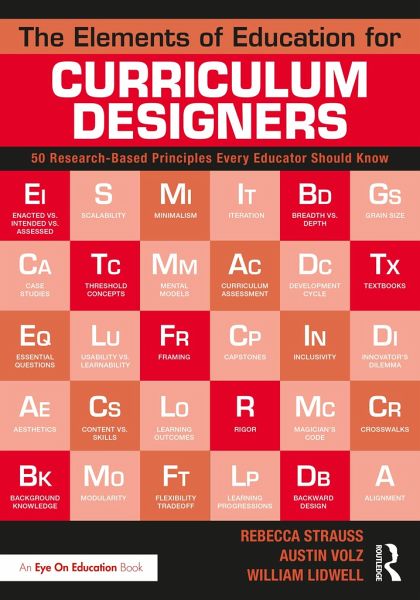
The Elements of Education for Curriculum Designers
50 Research-Based Principles Every Educator Should Know
Versandkostenfrei!
Versandfertig in 1-2 Wochen
35,99 €
inkl. MwSt.
Weitere Ausgaben:

PAYBACK Punkte
18 °P sammeln!
Written for utility, clarity, and practical value, The Elements of Education for Curriculum Designers provides indispensable professional development for educators working in a wide range of fields â from teachers and school leaders to educational publishers and instructional designers.





